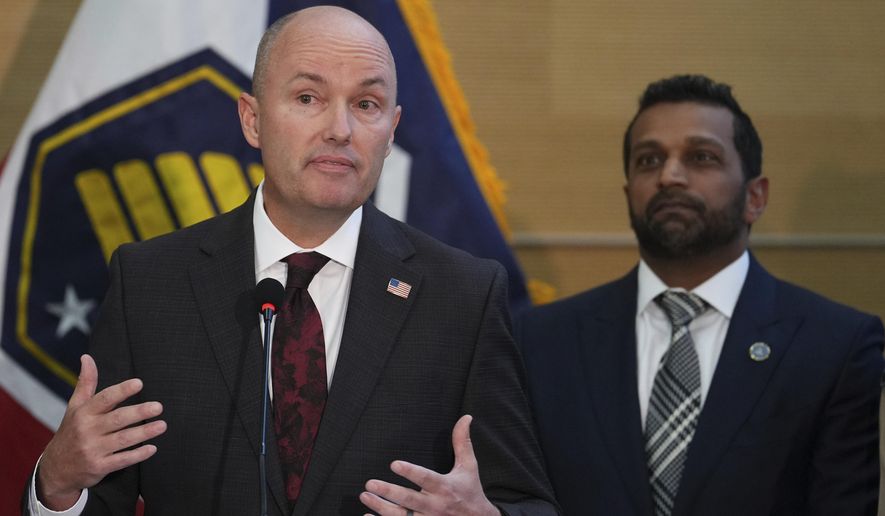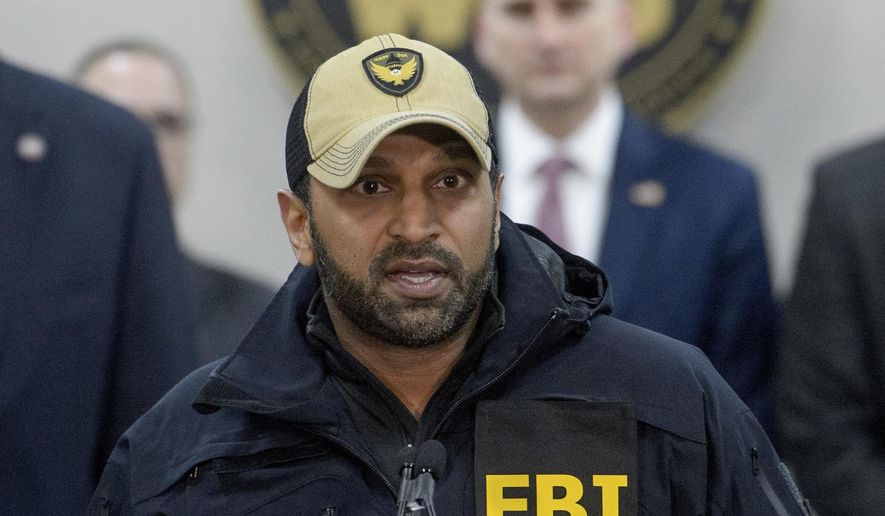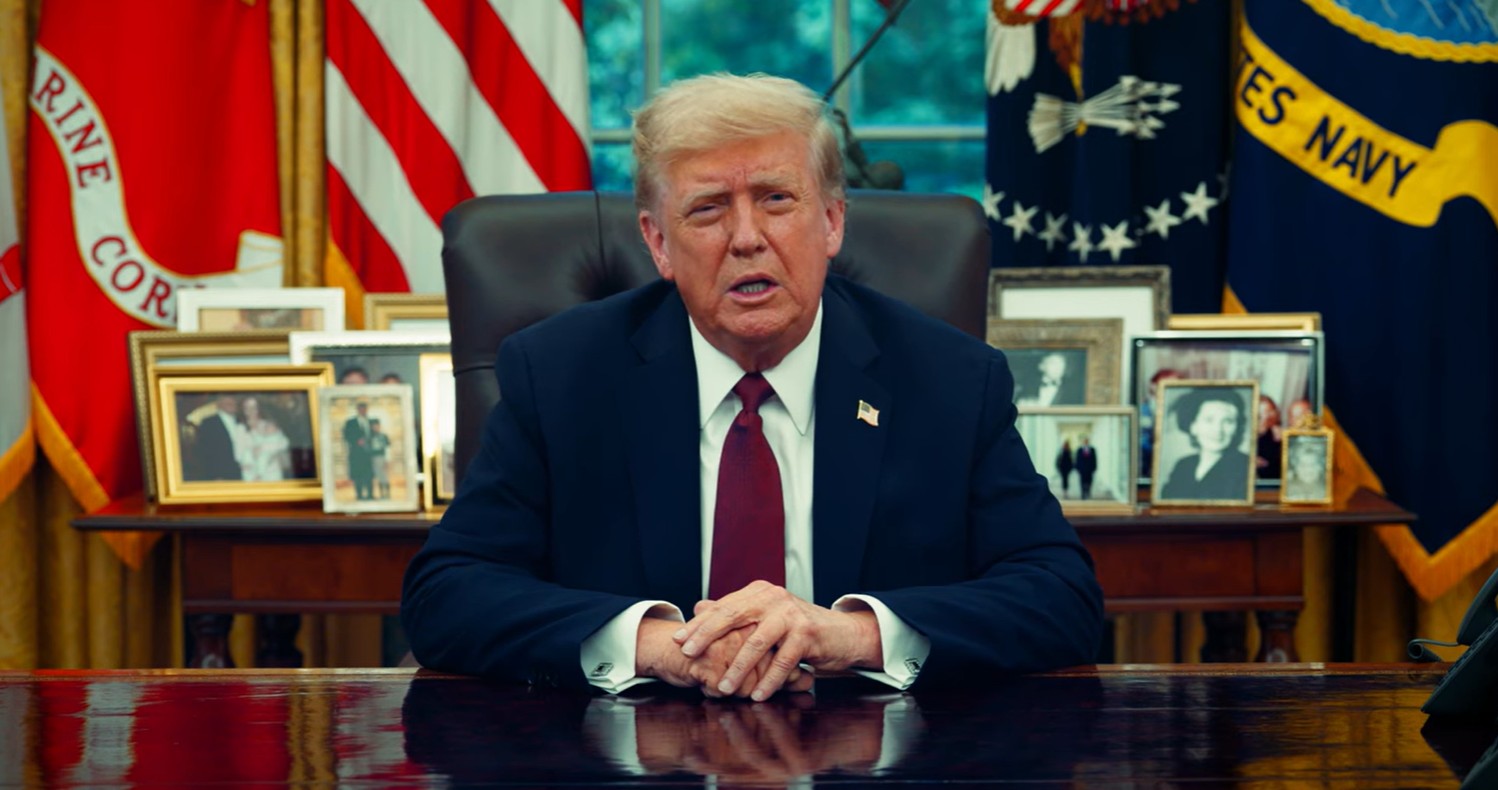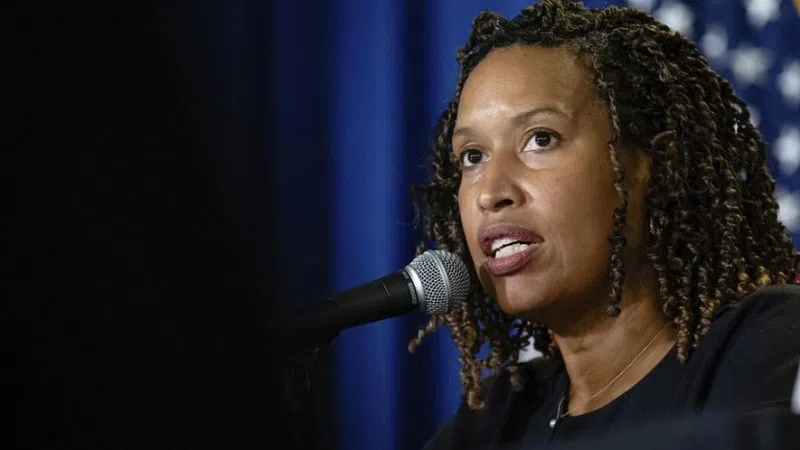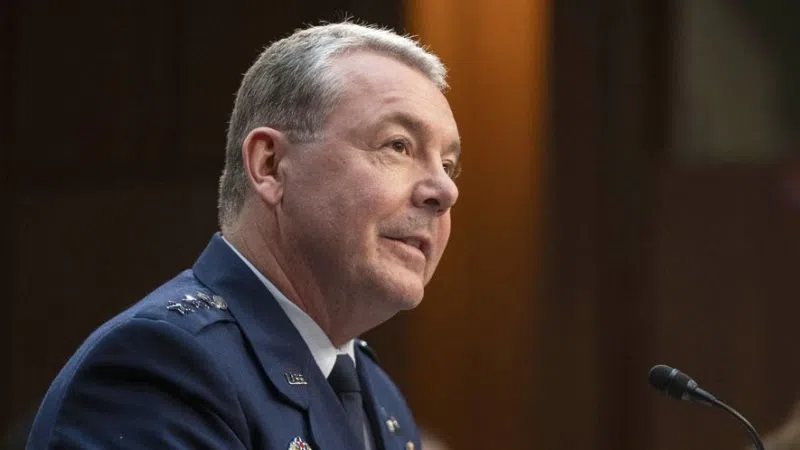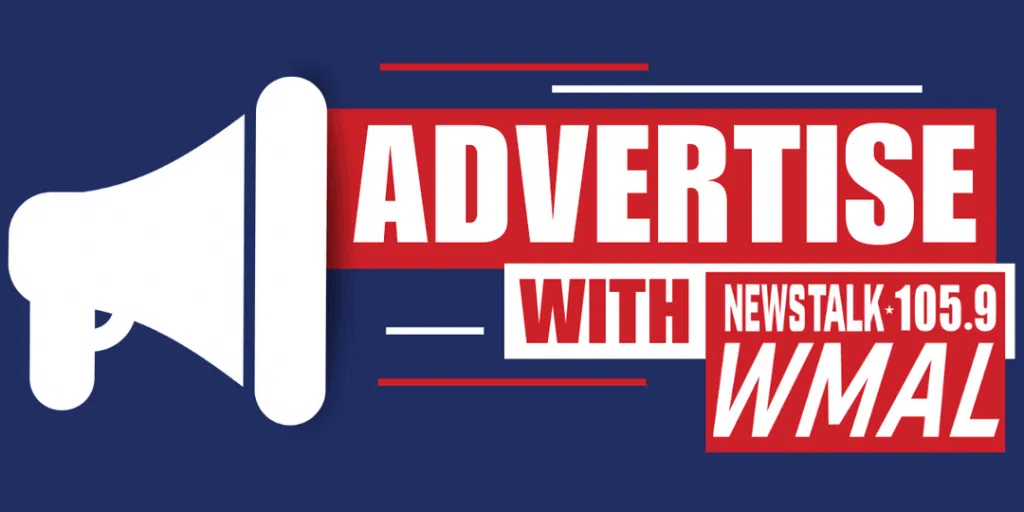Maria Leaf
WMAL.com
WASHINGTON– Metro has announced it is making more changes to its service due to the Coronavirus.
A statement from WMATA says the trains are to be used for “Essential Travel Only” starting Wednesday morning. The goal is to keep tourists trying to go see the cherry blossoms off the train…and keep service running for essential personnel like Doctors and Nurses. The changes are for buses and trains. Metro says it reserves the right to close stations near the tidal basin to keep tourists away.
Here’s the full statement:
METRO SERVICE FURTHER REDUCED TO SUPPORT ESSENTIAL TRIPS ONLY
Metro’s Pandemic Task Force today announced major service reductions during the ongoing pandemic response. The changes further draw-down service to protect frontline employees, while maintaining regional mobility for essential trips taken by hospital staff, government officials, and emergency responders. The reduction takes into account the urgent public guidance from regional leaders, along with emergency orders to cancel events, close schools and offices, and limit social gatherings across the nation.
Our region is speaking with one voice: Stay home. Essential travel only.
Metro ridership was down nearly 70 percent across the board yesterday. As a result, starting tomorrow, service will be further reduced – on both bus and rail – to allow even more cleaning and to reduce sharing of workspaces and vehicles for employee safety. For the first time, the Metro Task Force will reduce rail system hours with an earlier closing time across the week.
“As members of our community stay home from work, school and social gatherings – following the critical emergency guidance of Governors Hogan and Northam and Mayor Bowser – Metro will reduce service and implement measures to reduce risk for employees and the public,” said Metro General Manager/CEO Paul J. Wiedefeld. “To be clear, Metro intends to be there to provide service for essential trips in our community – as long as it is safe and appropriate to do so. If everyone does their part and stays home whenever possible, Metro will be there for hospital staff and other heroes who need us at this unprecedented moment in our lives.”
Specifically, the Task Force is urging the public to NOT travel to the Cherry Blossom Festival to keep Metro’s limited capacity available for essential travel (e.g. doctors, nurses, essential governmental functions, etc.). Metro reserves the right to close stations near the Tidal Basin at any time to reduce the use of Metro for tourist trips.
In addition, Metro is acting urgently to further reduce the number of employees required at any time and working to create additional redundancy in Metro’s workforce to protect service continuity.
“The actions directed by the Task Force today will help Metro return to normal service when the pandemic emergency is over and our region begins to recover,” said Theresa M. Impastato, Metro’s Chief Safety Officer, who is leading Metro’s response to the pandemic and advising the General Manager.
Effective tomorrow (Wednesday, March 18)—and continuing until further notice—Metro service will operate as follows:
Metrorail:
- Rail system hours and service levels are further reduced to support ESSENTIAL TRAVEL ONLY. DO NOT TRAVEL UNLESS ABSOLUTELY NECESSARY and follow guidance from your state and local authorities.
- New hours: Weekdays 5AM-11PM, Sat/Sun 8AM-11PM
- Trains will run every 15 minutes on each line at all times, including the Red Line. All trains will operate with 8 cars, the maximum possible length, to help maintain social distancing between customers.
- Metro’s Rail Operations Control Centers (two) will actively monitor trains and station platforms for any possible crowding, something that has not been an issue at any point during the pandemic emergency response.
- Metro is reducing/cancelling track work, except emergency maintenance and inspections, to avoid unexpected delays and maintain 15-minute intervals between trains.
Metrobus:
- Bus hours and service levels are further reduced to support ESSENTIAL TRAVEL ONLY. DO NOT TRAVEL UNLESS ABSOLUTELY NECESSARY and follow guidance from your state and local authorities.
- Buses will operate on a Sunday schedule, with supplemental service on selected routes to prevent crowding and ensure areas are not cut off. Visit wmata.com for information about “supplemental” routes that will operate, in addition to Sunday routes.
- IMPORTANT: Bus operators are granted the authority to bypass bus stops to maintain safe social distancing aboard the vehicle.
- These actions reduce the number of Metro employees and buses required to maintain service by more than 60 percent.
MetroAccess:
- All subscription trips are cancelled until further notice. Customers with a critical need to travel should make a separate reservation calling 301-562-5360 (TTY 301-588-7535) or via the online reservation system.
- Customers are strongly encouraged to travel ONLY IF ABSOLUTELY NECESSARY.
IF YOU ARE NOT FEELING WELL OR HAVE ANY SYMPTOMS OF ILLNESS, YOU MUST AVOID TAKING PUBLIC TRANSPORTATION. THIS INCLUDES METROACCESS CUSTOMERS. Instead, do the following:
- CALL YOUR HEALTHCARE PROVIDER BEFORE LEAVING YOUR HOME. Do NOT show up without calling first. Your healthcare provider may want to send you to an alternate location.
- FOLLOW YOUR PROVIDER’S INSTRUCTIONS. DON’T USE PUBLIC TRANSIT. Let your doctor’s office know if you have transportation needs. They will provide instructions for you to get help. Again, to protect the health and safety our employees, their families, and your fellow passengers, do not use Metro if you are not feeling well.
Due to the emergency service adjustments, Metro’s online trip planner, electronic bus information displays and third-party app-based services may not immediately reflect the schedule changes taken by the Pandemic Task Force. Metro is not adjusting fares, despite service reductions.
“We want everyone to follow the guidance of state and local leaders. Stay home. Travel only if it’s essential and limit your exposure to others,” Impastato said. “The health and well-being of our employees and riders is paramount, and our team will continue to work around the clock to prioritize public health and safety in Metro’s response to this unprecedented emergency.”Metro has already taken the following steps to protect the health and safety of its frontline employees:
- Increased Metro’s on-hand warehouse inventory of essential supplies, such as hospital-grade disinfectant, wipes, face masks, gloves, hand sanitizer, and other items used by Metro’s front-line employees.
- Allowing Station Managers to remain in kiosks at all times to minimize their public exposure. Access to kiosks—even among Metro employees—has been further restricted.
- Closed all public restroom access systemwide.
- Giving Bus Operators discretion to bypass bus stops if their vehicle is too crowded to maintain safe social distancing.
- Directed train operators to remain in operating cabs except in an emergency.
- All Metrobuses are equipped with protective safety shields for operators and are to remain closed.
- Implemented mandatory telework for most job functions.
- Banned visitors and non-essential access to buildings and worksites.
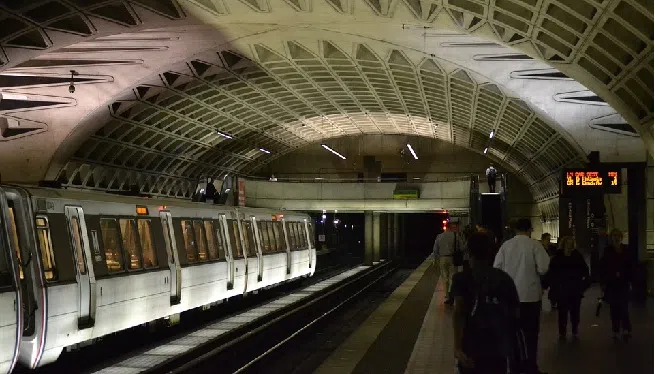
 Maria Leaf
Maria Leaf


